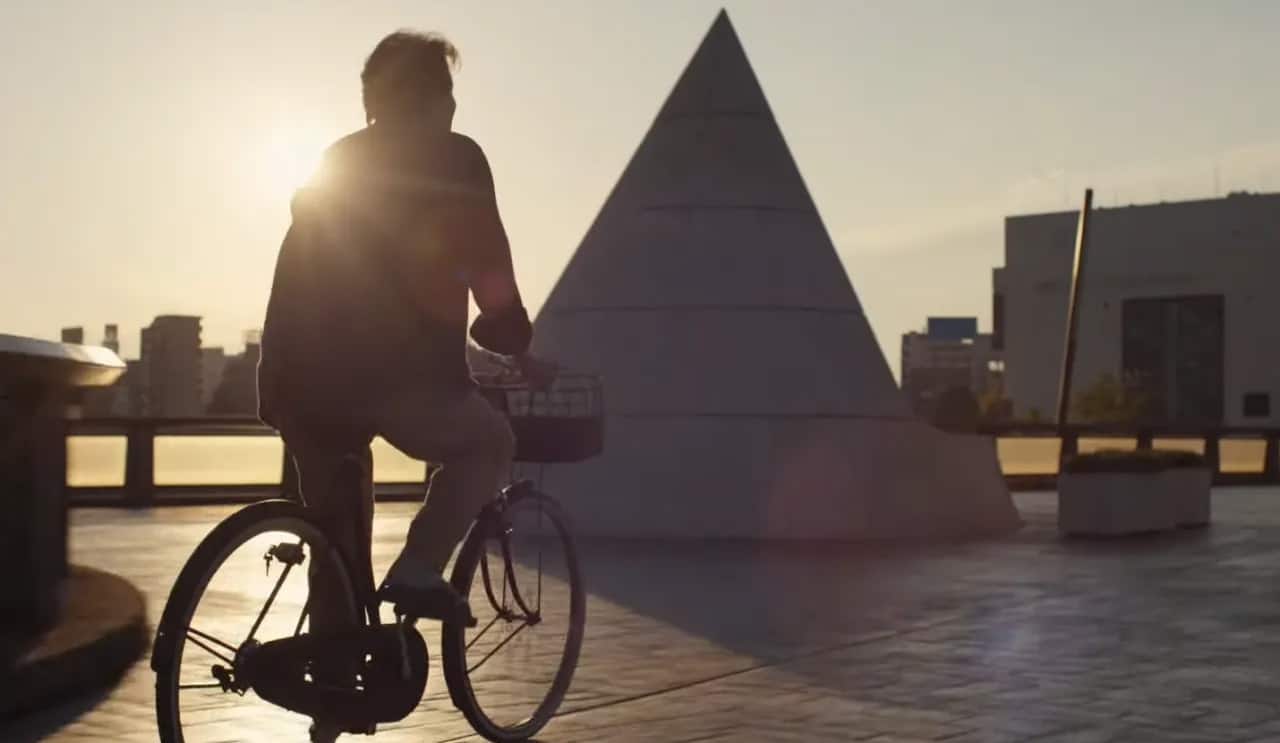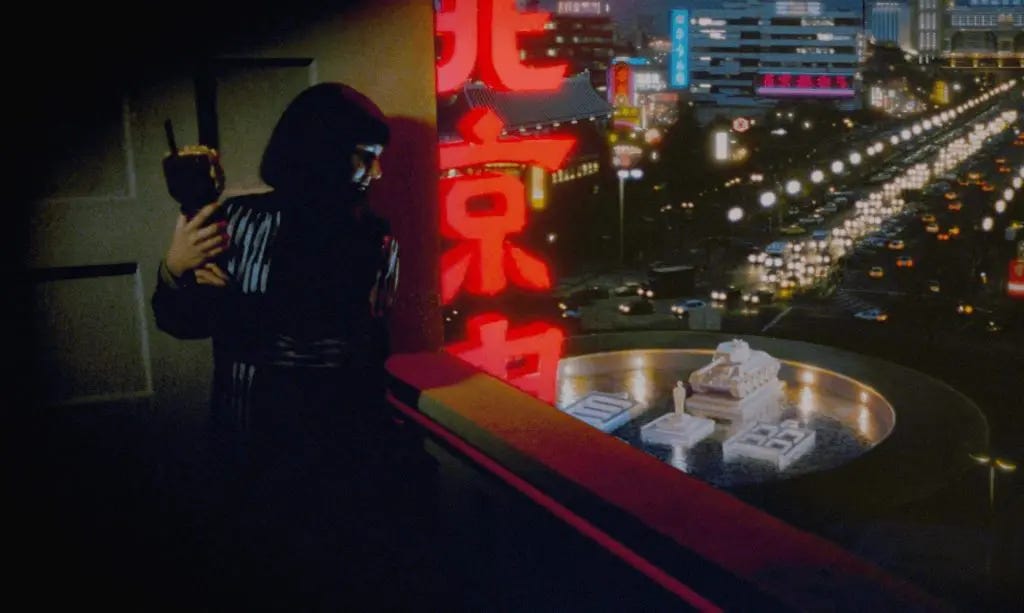In Their Own Words
One of the most original cinematic voices of the last half century, director Wim Wenders discusses his filmography alongside exclusive images from his films and archives.
For our newly released fifth issue (which you can order here), A RABBIT’S FOOT Deputy Editor Chris Cotonou spoke to the great German filmmaker Wim Wenders about his long and storied career, his association with New German cinema, and his iconic ‘Road Trilogy’.
Keep scrolling for a short excerpt from the conversation, in Wim’s own words, where he discusses filmmaking and his new film Perfect Days.
Urgency is the word. I felt it in front of Anselm’s work when I visited his huge art space in the South of France, in 2019. It was a privilege that I could be in that landscape and wander around on my own. It would be great to let people share that experience, that place and that wonder! Perfect Days had its starting point with a similar urgency, and it was also a place that triggered it. I had wanted to return to Tokyo for so long, but during the pandemic no tourists were allowed. So, when I was invited on a work visa to look at these twelve tiny architectural masterpieces—toilets, sure, but temples to a basic human need—just to see if these places would inspire me in some way—maybe for a photo book, maybe a short film—I did not hesitate. It just so happened that I arrived in Tokyo when its population came back after a very long lockdown: Witnessing how they savoured that return and at the same time cherished and protected their public spaces, that was quite a revelation. It was so different from the experiences in my own town of Berlin, where parks and public places were practically ruined by that return to normal life. A sense for the common good was one of the huge commodities of the pandemic over here in Europe, but not so in Japan. So, I decided to write a script around these fantastic toilets and that (almost utopian) notion of the common good as perceived by Japanese culture.
For me, I can only tell a story if I feel it necessarily belongs somewhere. If I could just as well tell it anywhere else, I’d be lost. I need a relationship between story and place—then my brain works, then I know where to place my camera. If someone else would choose my sets and locations, I would arrive and not know what to do there. Perfect Days had to be in Tokyo. The film was ‘made-to-measure’.
My eyes are those of a ‘hopeless German romantic’, I cannot get rid of them. Then again, I love to go to other places, know other ideas, rules, ways of life. I’m totally dedicated to making sense of it all. Sure, if I film anywhere, it’s through the eyes of that German romantic, but when they see something that ignites their curiosity, then the essence of my work begins: I have to make sure that in the process of translating from one culture to another it’s not my vision that survives, but what aroused my interest in the first place. In these two cases here, it’s Kiefer’s art or Japanese culture that I want to present to people’s mind and allow them to absorb these subjects into their own cosmos. It’s not my idea of them that I want them to see, it’s the things themselves. I have an obligation towards the spirit of Kiefer’s art just as well as towards the ethics of that toilet cleaner in Japan. I have to live up to my subject, not bring them down to my opinion of them. My filmmaking has always been exactly that process.
You can read the full interview with Wim Wenders, and many more conversations with extraordinary artist and filmmakers, at a-rabbitsfoot.com.








